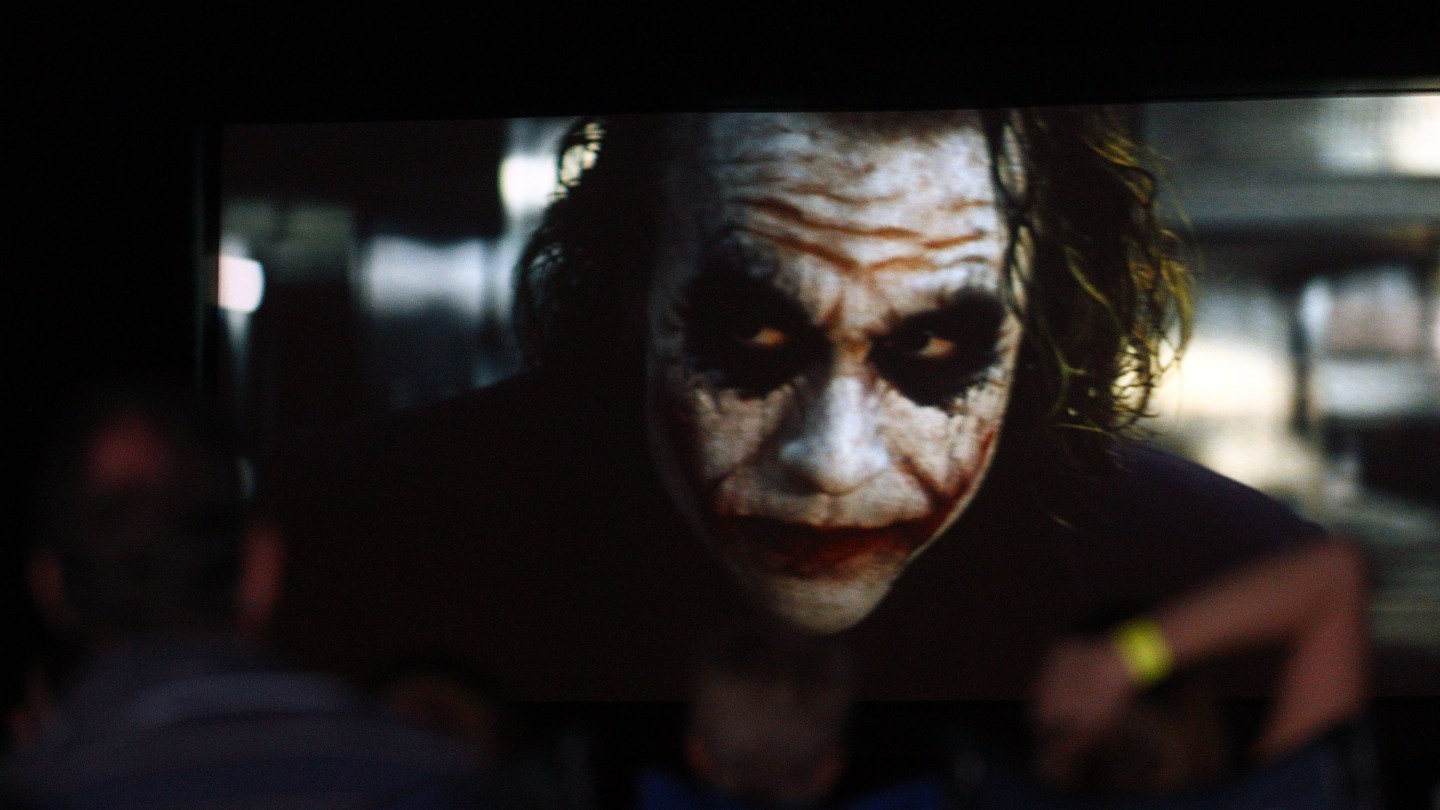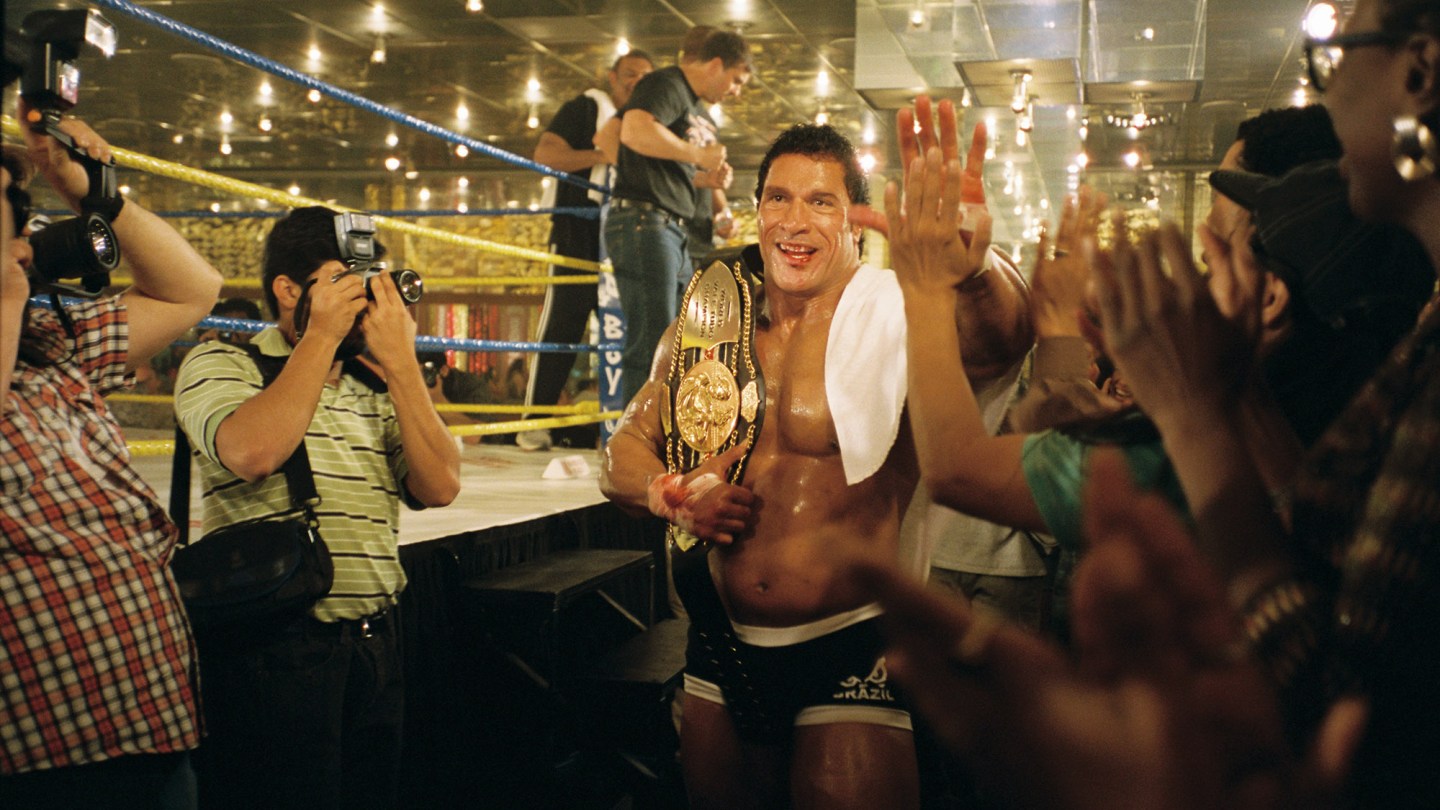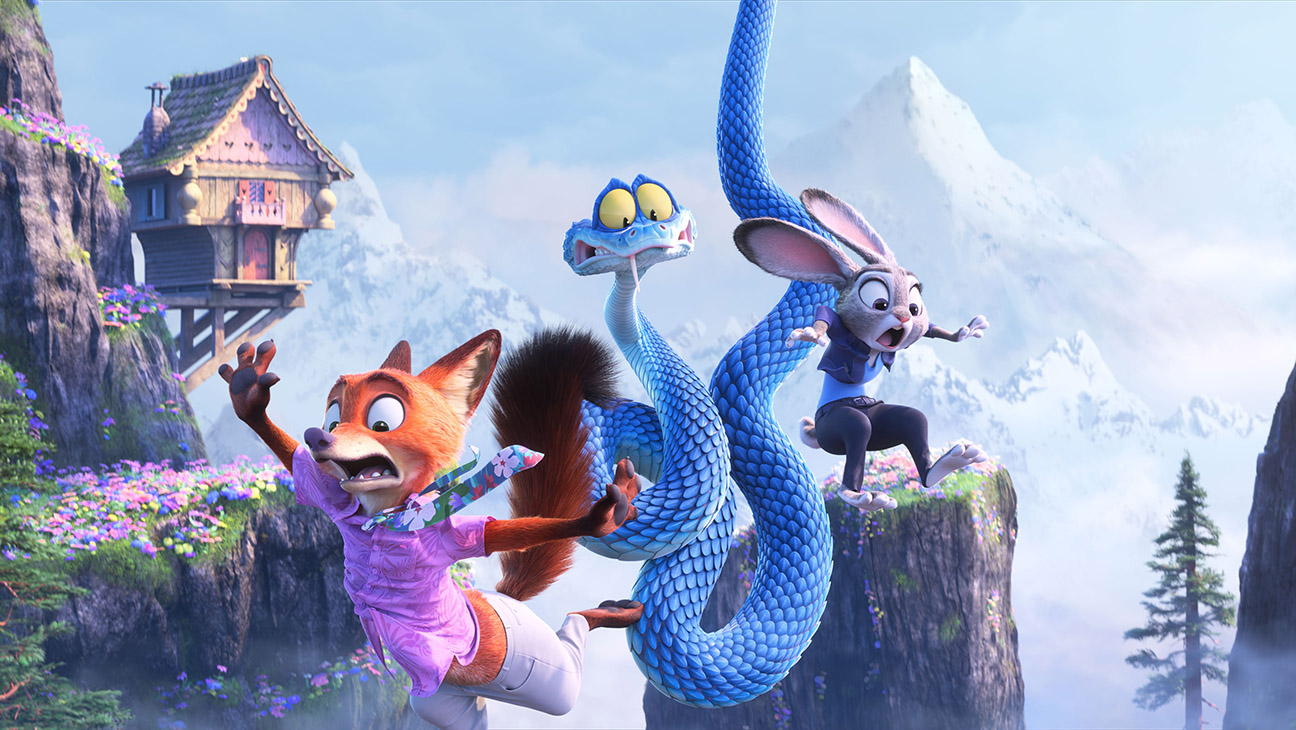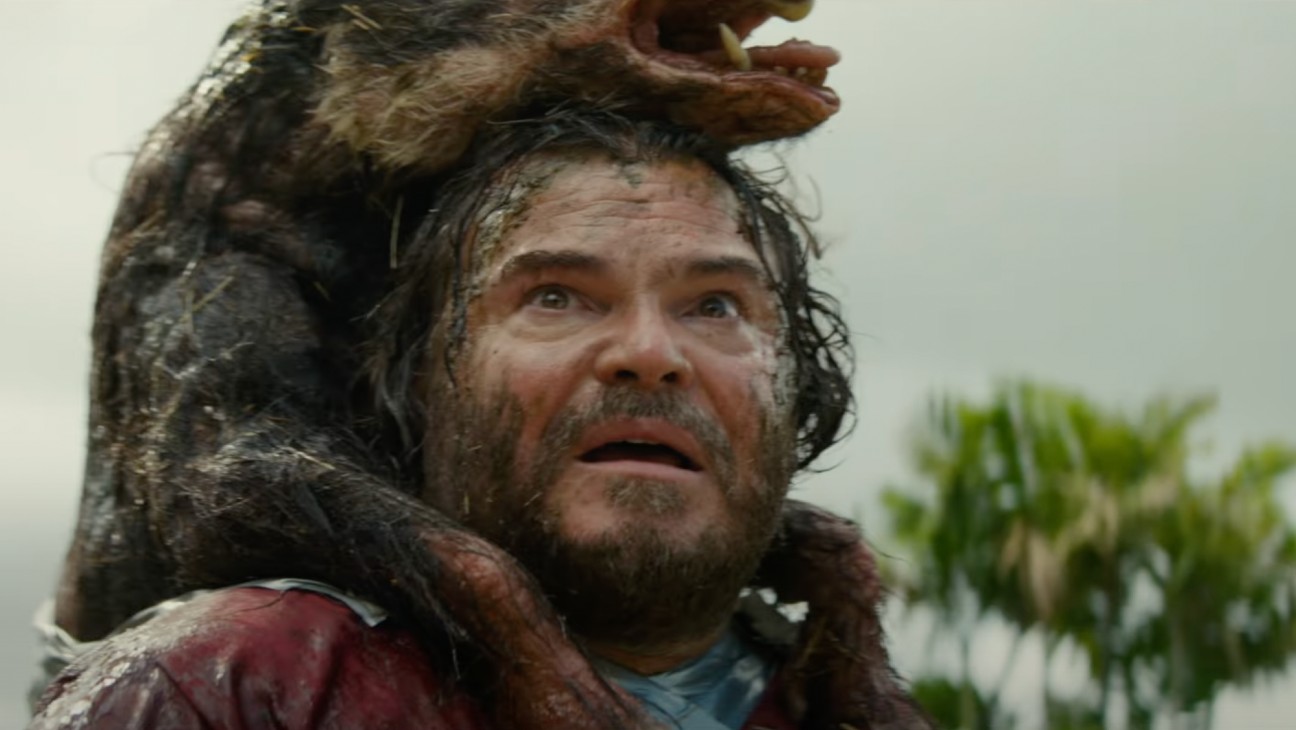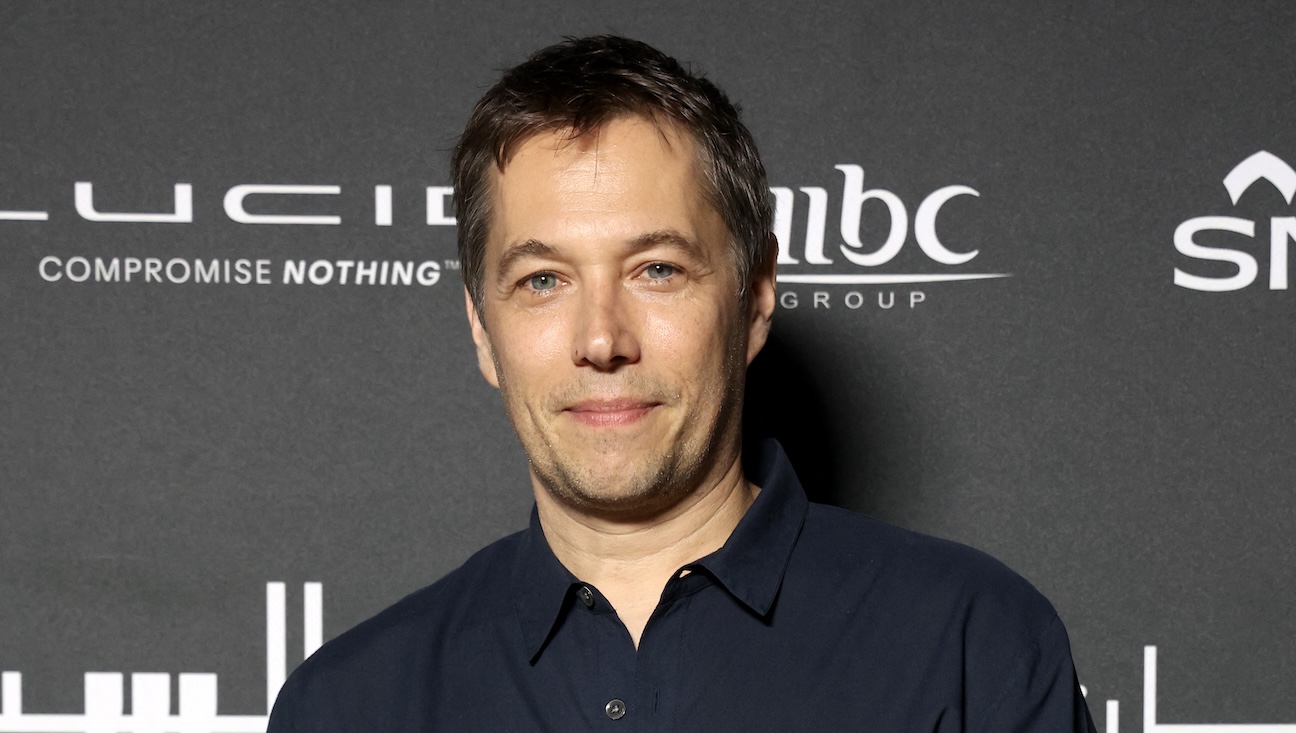Few extant movie studios have properties that go back as far or play as rich as Warner Bros. From Casablanca to The Departed,My Fair Lady to The Unforgiven, the movies put out by the 102-year-old Burbank company have reached deep into all corners of cinematic history. Many of the rival studios that those classics shared marquees with are long gone, yet WB remains.
Not to mention, of course, of Harry Potter, Lord of the Rings, The Dark Knight and other box office-busting multi-film series that have populated movie theaters and our cinematic consciousness over the last three decades. Also series from ER to The Big Bang Theory. Think of the all-time greats or just a longtime favorite, and chances are a whole bunch of WB movies and TV titles are on the list. As the late film historian Robert Osborne once said, “There was a time when you’d just look at a movie and think, ‘Oh, that’s a Warner Bros. film.’”
That’s what makes the news this week that the studio — along with other properties in the current WBD empire in which those totems sit — is up for sale land so uncomfortably. Warner Bros history is movie history, and the notion that that history is bought and sold like so many spare car parts can cause a deep eyeroll about the way pop culture gets jammed into the unforgiving confines of M&A culture. Our cinematic legacy, up for grabs to the most monied investor.
Or should we say up for grabs again? Studio assets are swapped pretty regularly these days, but some end up at the flea market a little more than most. A sale of Warner Bros. to David Ellison’s Paramount or another bidder still to come would mark WB’s sixth owner in 25 years. Not many entertainment studios can say they’re successively owned by a media company, a dialup power player, a media company again, a telecom megalith, a cable giant and a software scion. Yosemite Sam treated Bugs Bunny better.
Each acquisition has its logic, made with great force at the time of the announcement only to be of-course-it-failed snickered at when the sale inevitably unravels. AOL was supposed to bring great synergies between distribution and content; AT&T was meant to land entertainment right in the middle of the 2010’s wireless revolution (“super-charge our capabilities,” executives said at the time). We know how both of those turned out.
Discovery’s tie-up with Warner Bros. in 2021 was touted as a cure for all that, a way to give the company a media-savvy owner that it had lacked for too much of the previous two decades. “Warner Bros. Discovery will aspire to be the most innovative, exciting and fun place to tell stories in the world….[combining] Warner Bros.’ fabled hundred year legacy of creative, authentic storytelling and taking bold risks to bring the most amazing stories to life with Discovery’s global brand that has always stood brightly for integrity, innovation and inspiration,” soon-to-be WBD CEO David Zaslav said at the time. That hasn’t worked out so well either.
And now the logic again. This time, it will be different. This time Warner Bros. will be in good hands.
In some ways a Paramount purchase really could be the best outcome among all those (not-very-great) outcomes. There’s a case to be made that David Ellison, who does not need money the way any of the other owners have needed money — and who clearly likes iconic big-screen movies, as evidenced by his backing of Top Gun and Mission: Impossible — would caretake the legacy in the way few owners would. And unlike Discovery, Par-WB would be a merger of spiritual equals; the company of The Godfather is probably a better fit than the company of House Hunters.
Of course, Disney-20th Century Fox was also a marriage of equals, and the spirit of All About Eve and The Sound of Music does not exactly burn bright on South Buena Vista these days.
What does a WB sale mean for the actual properties? On one hand, very little. Who is cashing the checks every time The Unforgiven is streamed or a Dark Knight boxed-set sold matters little to the film fans devouring these classics. All that hand-switching doesn’t amount to much more than a hill of beans. (But come after Turner Classic Movies, and you’ll hear from those fans.)
But on another level the change is significant — in how the classic films are promoted on streaming, in how often they’re dusted off and rebooted, in how much the new films carry on their DNA. In whether, really, WB in the end remains a force in the zeitgeist or just one more forgotten studio brand on a large sad pile of them, excavated mainly by historians and film students.
Warner Bros. could use a break. Modern Wall Street has killed just about everything cool that walks or crawled at one time or another. It would sure be nice if, this time, it wasn’t here to kill WB.

